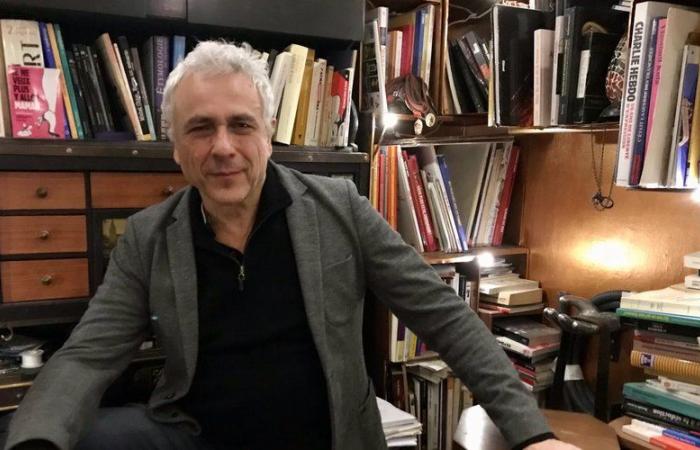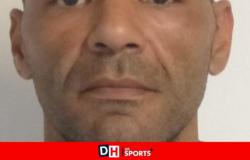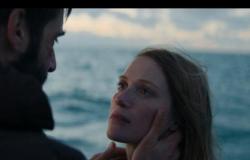
the essential
Antonio Fischetti is a journalist at Charlie Hebdo and the author of numerous documentaries. He will be in Foix to present his work “I don’t want to go there anymore mom”, at the Rex, on January 20.
Is it valuable to meet the public like you do in Foix?
It’s important. When you write papers, you are alone, there is no contact with people. When we attend the debate, we see people’s reactions, especially since my film is personal, it talks about the intimate. It’s good to chat with them, some are upset and we then talk with them.
Do we still need to convince after the Charlie Hebdo tragedy?
My documentary doesn’t just talk about freedom of expression, even if I still find it important. In the film, we don’t just talk about Charlie Hebdo. It is written like a diary, it talks a lot about my colleague Elsa Cayat (assassinated during the attack, Editor’s note), it asks questions. We also share experiences.
The public inevitably tells you about tragic events…
The spectators ask questions, yes, and we answer with as much pleasure as ever on Charlie Hebdo. There are people who evolved, they were Charlie, then turned around, but others support us. We must always carry on this fight to explain and re-explain. If we give up, terrorism advances, in France and in other countries.
You had started a film with Elsa Cayat. Is the rendering different?
At first, he revolved around her. And then, I let myself be carried away, it spans several years. The film was constructed like life. The documentary is a bit like Charlie, it’s a bit foutraque, that is to say extravagant. There is a common thread but with an arrival point far from the departure.
Is it aimed at all audiences?
-I would say that for a twelve year old, a teacher would need to have done some work beforehand. In certain aspects, the film addresses sensitive points. And it is an art house film, we are far from American series.
Going from newspaper to cinema is different…
Before becoming a journalist, I was a teacher-researcher in film schools, I handled sound and image. I also worked on a dozen scientific films, particularly about animals. We express ourselves differently and I wanted that. Besides, for “I don’t want to go there anymore, mom”, I didn’t want to write a book on the subject, I preferred to make the documentary.
Can a documentary reach more people?
It’s difficult to say, very difficult. I had difficulty getting my film distributed. But there is an audience for this type of film, we realize it during meetings with the public. He is sensitive to what we express and what we say. My goal is to reach people, and for them to know that this film exists.
A unique screening at the Rex
The screening, followed by a debate with director Antonio Fischetti, will take place during a single evening on January 20 at the Rex.
For Sébastien Tacquet, manager of the Foix cinema, showing this film in his theater was an obvious choice. “Like a large number of French people, I was struck by the attack, this ignominy. When I was offered to broadcast the film, I accepted immediately.” Because according to him, this is the role of a cultural space like his: “We are film distributors, we are there to ensure freedom of expression, to provide a means for the author to express himself.”
More than for the documentary, the exchange with the Charlie Hebdo journalist constitutes an essential reason to come to the theater, to know his testimony, his story in the newspaper and his experience of the events. “Establishing a dialogue allows the author to bring his point of view and explain his approach. This highlights the director,” adds the manager.





